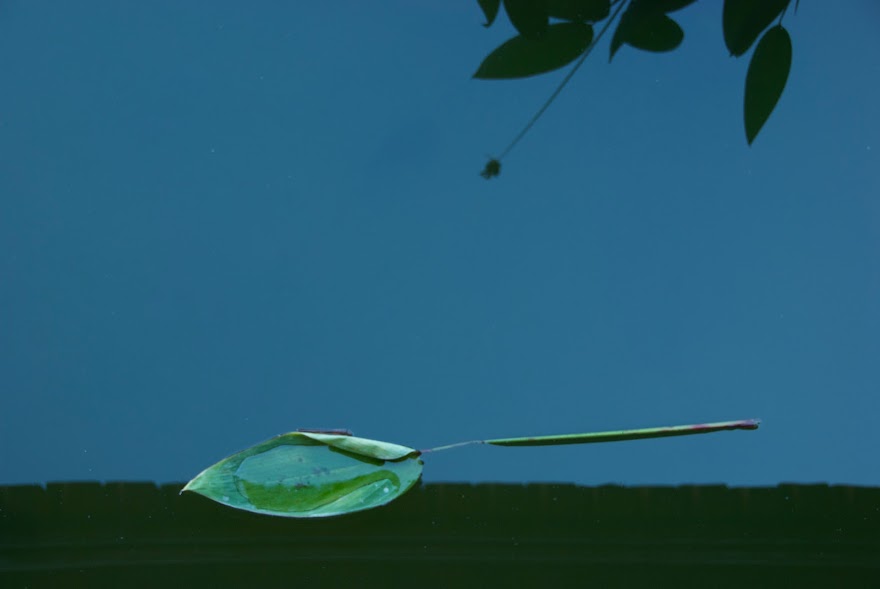This week I have been working on a magazine article about the end of GANNET’s voyage, when not watching the Cubs, the Men’s Under 20 World Cup and the Women’s World Cup. I stopped watching the women’s US/Thailand match when the score was 2-0. The outcome was obvious and I do not find massacres enjoyable.
Carol and I also found time to watch a ten part Netflix series, The Polar Sea, which is about the Northwest Passage. It mostly follows two boats, a 31’ monohull sloop crewed by three older middle-aged Swedish men and a lavishly equipped about 50’ catamaran with a Swiss financier, his French wife and their three children on board.
The first episode is somewhat jumbled, but the second is better and has a good sequence contrasting the lives of those on the two very different boats and passengers on a ‘adventure’ cruise ship that is also making the passage.
Subsequently there is coverage of the lives of Inuit who live along the shores, particularly with reference to how they are being affected by climate change, and of scientists who are studying that change. To no one’s surprise those who make their living in the Alaskan oil fields deny climate change.
A startling fact, if true, is that young men at Gjoa Harbor, where Amundsen wintered during the first transit of the Northwest Passage, have the highest suicide rate in the world.
Much of the scenery is beautiful. The sailing less so. There is in fact very little sailing seen. Almost always the boats are under power.
I am not sure which year is depicted in the series. It was first shown in 2014 and I assume made a year or two earlier. Whatever year, it is stated that thirty boats attempted the NW Passage that summer and only five succeeded. Shown briefly in one episode are two men rowing the passage and a team striving to be the first to do the passage on jet skies, which I consider to be, with the exception of being used in surf rescue, among the most abominable objects ever made by man.
Imagine being old and asked, “What did you do with your life?” And having to answer, “Well, I jet skied the Northwest Passage.” No. That won’t do.
We were entertained by The Polar Sea and recommend it.
————
I also rewatched THE CITY OF GOD, a fine and perhaps even great 2002 Brazilian film, and THE CITY OF GOD TEN YEARS LATER.
The title comes from a Rio de Janeiro slum controlled by youth drug gangs. Sounds like South Chicago today. One boy, Rocket, stays on the fringes of the gangs and wants to become a photographer.
The film is dramatic and graphic. I watched it when it was first released and some scenes have remained with me ever since.
Ten years after its release a fascinating documentary was made about how the film changed, or did not change, the lives of those involved. For several it was the opportunity to create successful careers. For others it was a blip. Ten years later one was selling peanuts on streetcars.
Ten years after its release a fascinating documentary was made about how the film changed, or did not change, the lives of those involved. For several it was the opportunity to create successful careers. For others it was a blip. Ten years later one was selling peanuts on streetcars.
————
I thank Larry for a link to a graphic showing the 25 cities in the world with the most days of pleasant weather.
This confirms what many of us have long known: San Diego has the best weather of any major city in the world. Tijuana and San Diego are contiguous, separated only by an arbitrary political border that weather does not recognize.
It does not surprise me that five of the top ten are on the California coast or that three of the top eleven and five of the twenty-five are in South Africa.
I am surprised that Sydney, Australia is not on the list and that Cairo, Egypt is.
————
Long time readers know that Mark Knopfler is probably my favorite male singer/song writer.
When I first heard his “Piper to the End” I assumed it to be a traditional Celtic folk song. It is not. He wrote the song about his uncle, Freddie, who was killed in France in 1940 at age 20. Haunting indeed.
When I first heard his “Piper to the End” I assumed it to be a traditional Celtic folk song. It is not. He wrote the song about his uncle, Freddie, who was killed in France in 1940 at age 20. Haunting indeed.
